Before you polish up the tongs for the grilling season, brace yourself. Rising prices or shortages of many summer barbecue stables may put a damper on that Memorial Day party.
From booze to burgers, a spike in demand for some classic food and drink items, coupled with harsh weather conditions, has made it more expensive than ever to get your grill fired up.
Read on to see how your favorite summer foods could go up in smoke -- and plan accordingly.
1. Burger blahs
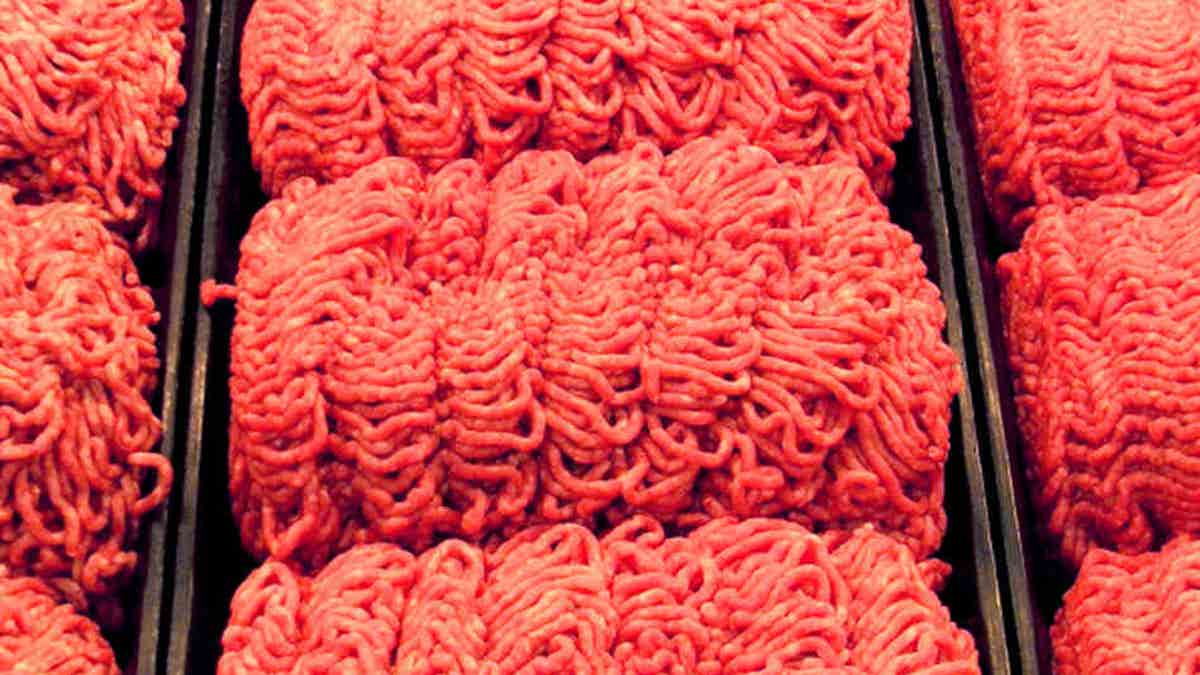
(iStock)
It's getting more expensive to get a burger these days. Due to the increasing cost of feed, an ongoing drought in Texas and the lower Midwest, and more beef being exported abroad, consumers in the U.S. are looking at higher prices for ground beef. The average price for a pound of ground beef hit an all-time high recently of just under $3.70, according to the U.S. Department of Labor’s Consumer Price Index. Adding to the burger blues, 1.8 million pounds of tainted ground beef was recently recalled from Wolverine Packing Company, which was headed to restaurants in Massachusetts, Michigan, Missouri and Ohio.
2. Meat prices are up all around
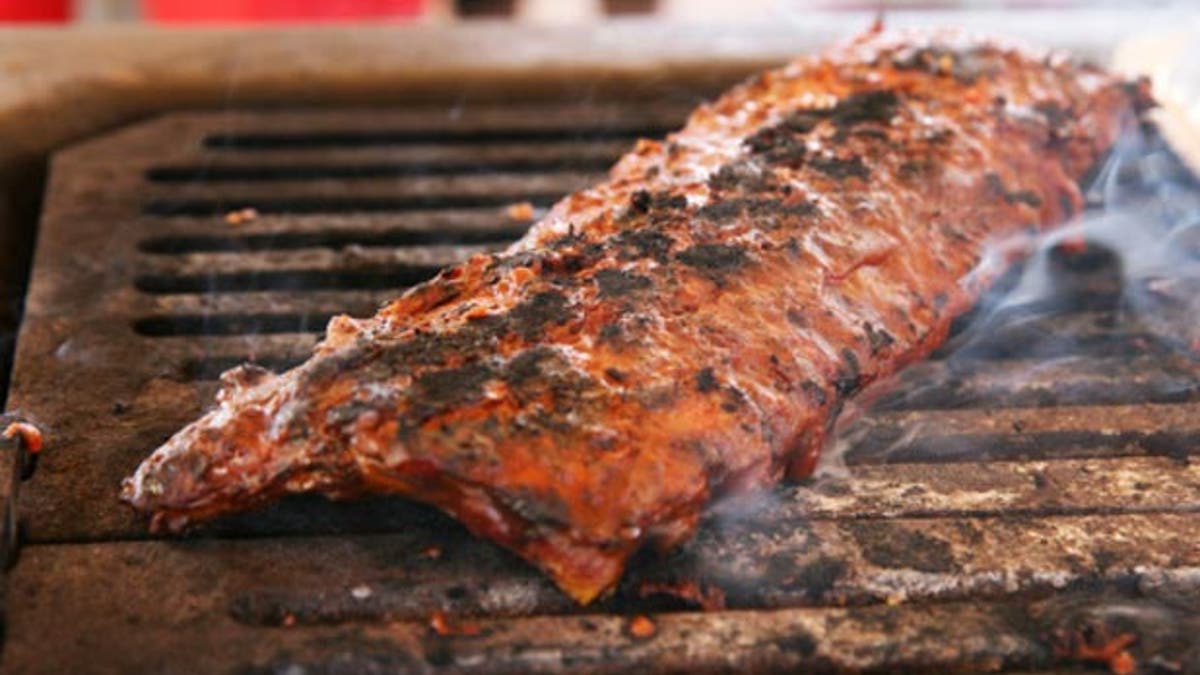
(Reuters)
It's just not ground beef prices that will give you indigestion. Rising meat prices across the board may have you thinking about vegetarian options. Beef cuts at the grocery store averaged $5.28 per pound in February, up almost 8 percent from over a year ago and 33 percent since 2008, according to the Department of Agriculture. Meanwhile, pork prices were up 9 percent in March from a year ago, according to the USDA. Chicken has gone up, but not at the same rate. Why the spike in prices? Drought, a virus outbreak and rising exports have decreased grocery stock.
3. Lime not sublime
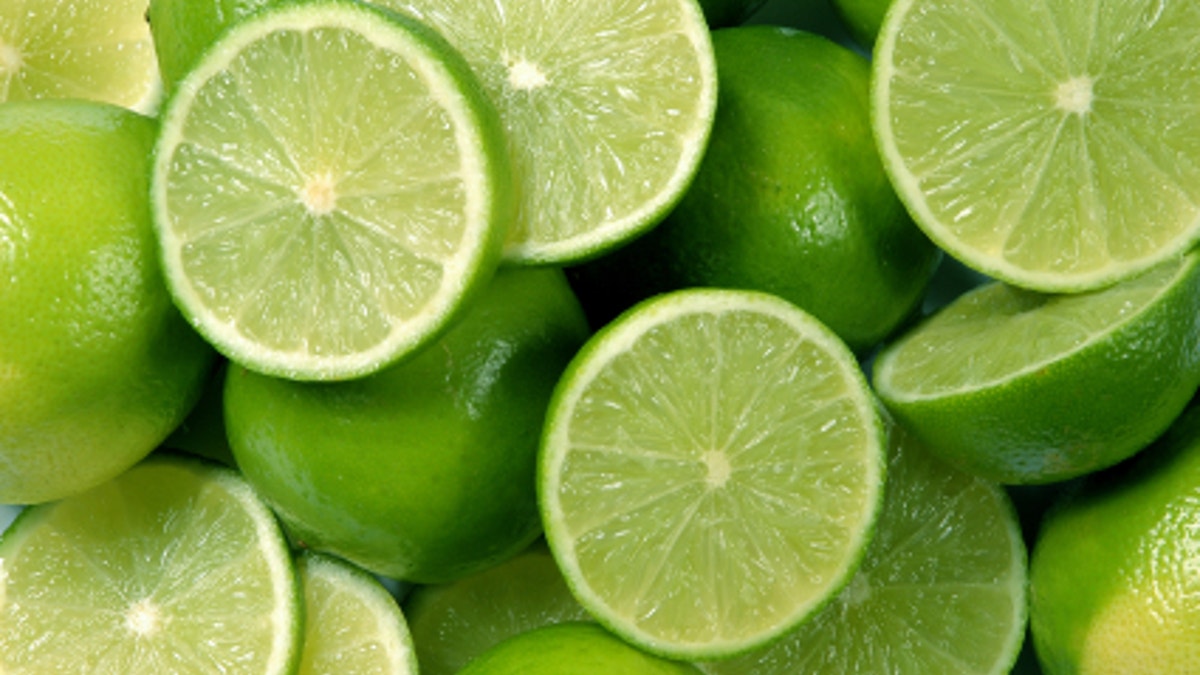
(iStock)
The great lime shortage of 2014 is in full swing, which means you may be shelling out more for that margarita. A case of limes now costs between $80 and $130, a staggering jump from about $15 last year. Major floods across Mexico destroyed a significant amount of the lime crop, causing prices to rise. The solution? More lemons, please.
4. Hopped up on hops
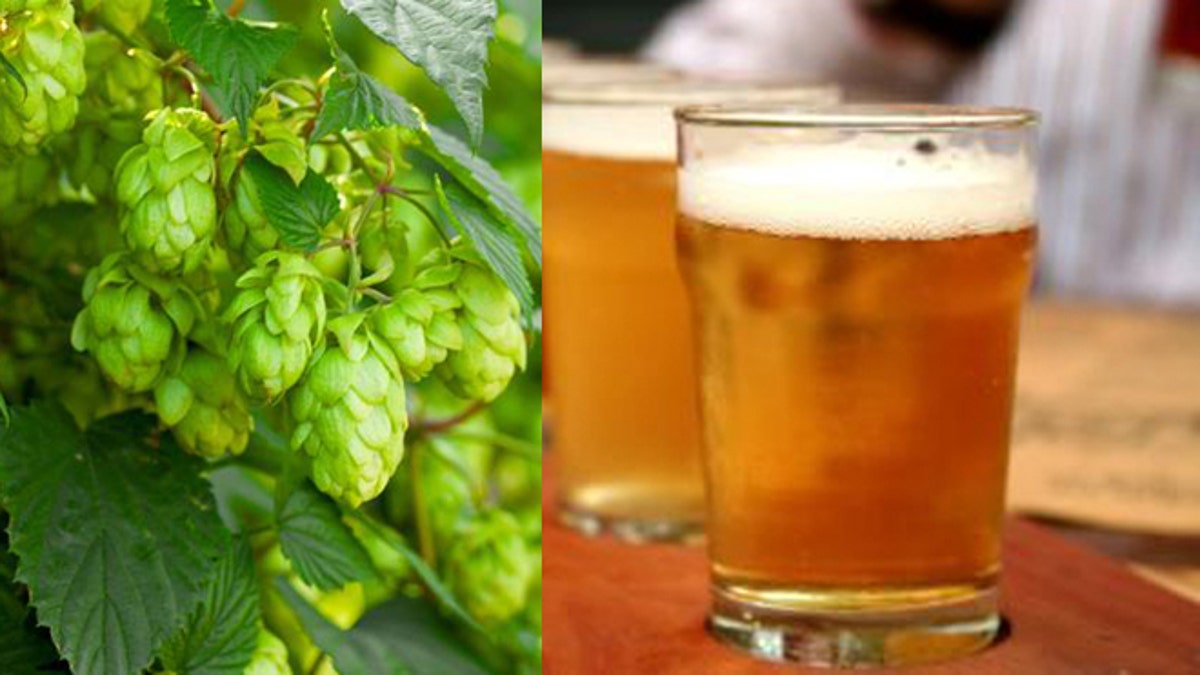
(iStock)
With the number of craft breweries on the rise, so too is the demand for hops, the flower that gives beer a tangy, bitter or floral flavor. As a result, supply is being stretched thin. According to the Hop Growers of America, the average price of hops was $3.59 per pound in 2013 -- twice what it was in 2004. Specialty hops can run between $7 to $10 a pound.
So what does this mean for beer? The good news is that hops farmers are responding to the trend by producing specialized, more “fragrant” varieties. But some are predicting that even with more hops, craft brewers may be forced to raise beer prices. We recommend snapping up your favorite ale now.
5. Bourbon blues
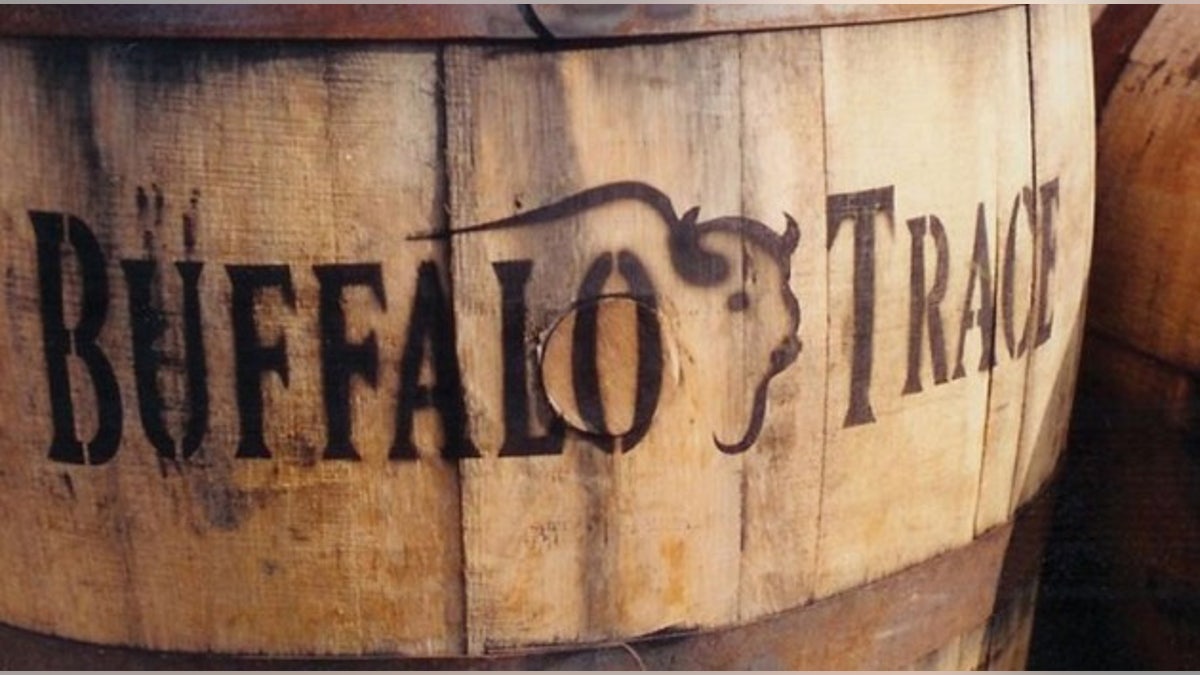
(AP)
As America's love for good whiskey continues to grow, distillers are warning of a shortage of bourbon. Buffalo Trace Distillery, makers of the legendary Buffalo Trace, declared that bourbon shortages show no signs of slowing up. Even Jim Beam last year threatened to water down its premium Maker's Mark due to increased demand.
Making it worse, there is a shortage of wood necessary to create whiskey barrels. It may be a good time to switch to vodka.
6. Watermelon drying up
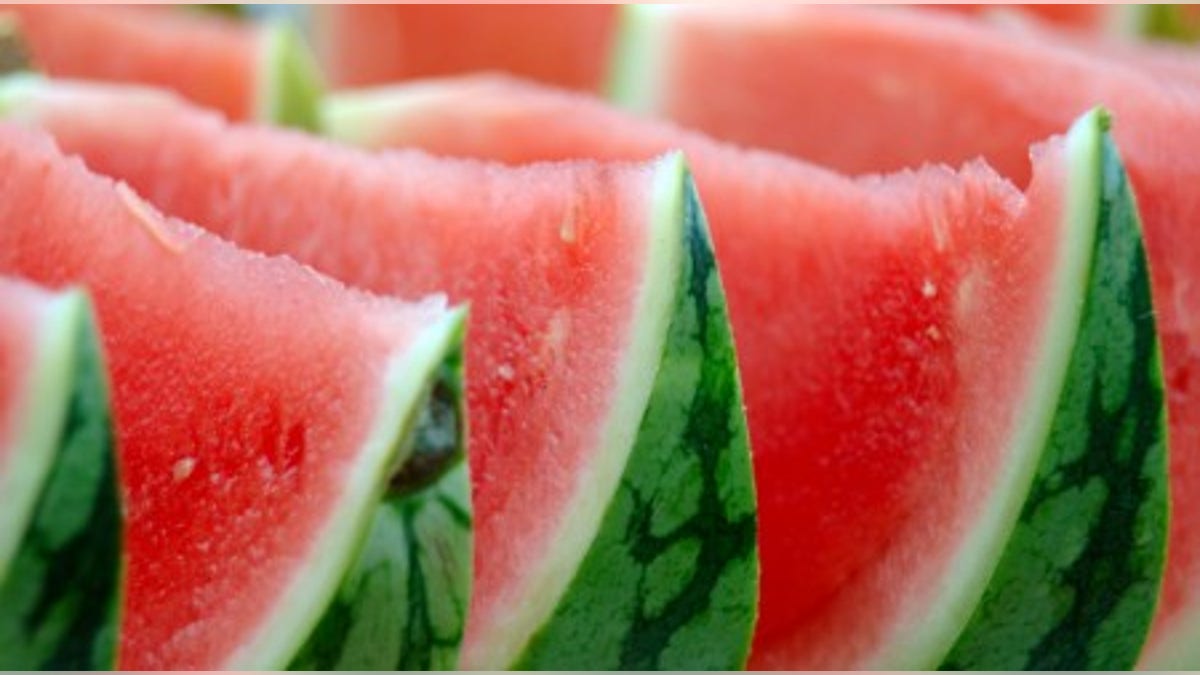
(iStock)
You might need to reschedule that watermelon rolling contest. Yields on watermelon crops in Georgia , Texas, Florida and Mexico are down due to the unusually harsh winter and a later-than-average planting season, reports The Packer. As a result, prices have jumped to 25 cents per pound for the 24-inch Florida red seedless variety, up from 22 cents per pound last year.
7. Not catching the bait

(iStock)
Hoping to catch fresh fish for your next barbecue? Better check with your local tackle shop about bait supplies. The harsh winter has Minnesota bait shops scrambling to keep live critters on the shelves. Prices for leaches (good for catching catfish and walleyes) and shiner (good for bass) are up, so stockpile while you can.
